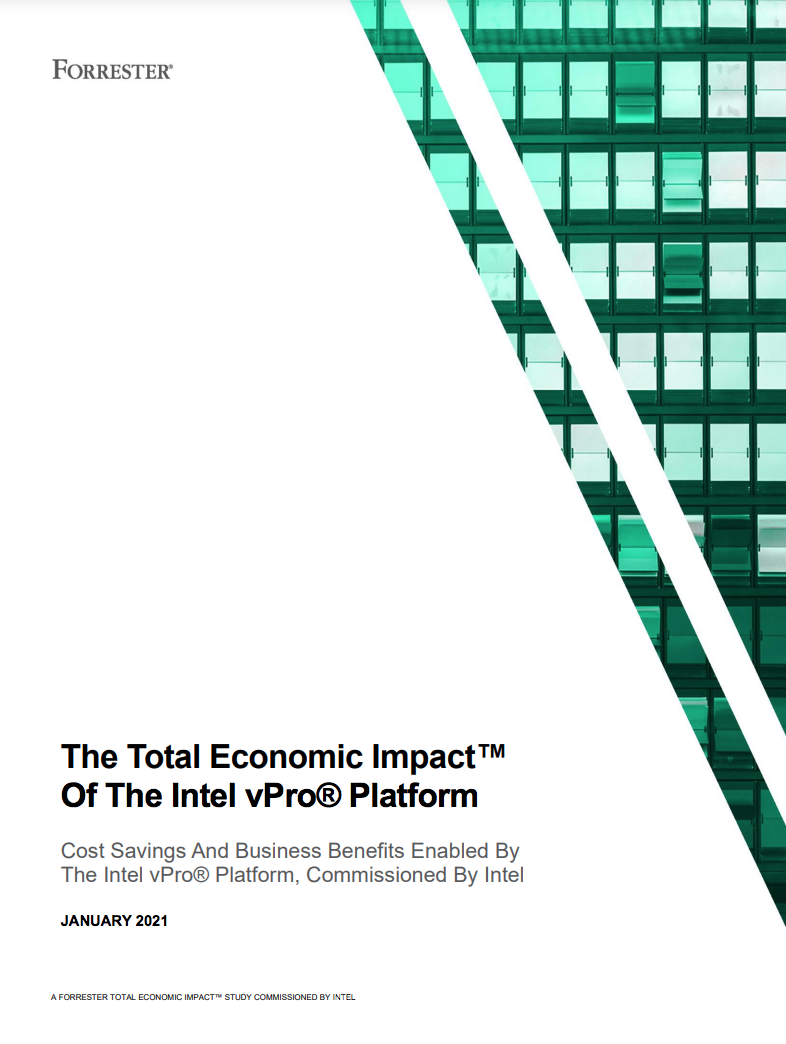UK agrees to scrap Digital Services Tax by 2023
The government will transition to a new global tax system proposed earlier this year


The UK has agreed to transition its Digital Services Tax (DST) to a new global tax system proposed earlier this year, avoiding tariffs the US threatened to levy on the country in response to the policy.
The DST, announced in 2018 and introduced in April 2020, imposes a 2% tax on tech giants, the majority of which are based in the US.
UK to scrap Digital Services Tax in favour of G7 tax deal How tech firms are responding to the UK's Digital Services Tax UK may drop Digital Services Tax to smooth over US trade talks Amazon looks set to dodge UK Digital Services Tax US considering 25% tariff in retaliation to UK’s digital services tax
The moved prompted criticism from the US government, which in turn threatened tariffs on the UK and other countries that have introduced similar policies.
However, on 8 October 2021, 136 countries agreed a plan for the new system, known as Pillar One and Pillar Two. In Pillar One, the largest and most profitable multinationals will be required to pay tax in countries where they operate, not just where they have their headquarters. The rules would apply to firms with at least a 10% profit margin and see 25% of any profit above this margin reallocated and then subjected to tax in the countries they operate. This is expected to come into effect in 2023.
For Pillar Two, the G7 agreed to implement a 15% global minimum corporation tax, aiming to become effective from 2023. This is set to be operated on a country by country basis, which the government said would create a more level playing field for UK firms and crack down on tax avoidance.
A new deal struck by the US, the UK, France, Italy, Austria, and Spain, will see the adoption of a DST-credit system, which will act as an interim arrangement between the UK’s DST and the start of the new Pillar system.
The US has agreed not to levy tariffs in response to the UK’s previous DST, and the UK will keep the revenue raised from the tax until the Pillar One reforms become operational. Once Pillar One is in effect, companies will be able to use the difference between what they have paid in DST from January 2022, and what they would have paid if Pillar One had been in effect instead, using it as credit against their future corporation tax bill.
Get the ITPro daily newsletter
Sign up today and you will receive a free copy of our Future Focus 2025 report - the leading guidance on AI, cybersecurity and other IT challenges as per 700+ senior executives
RELATED RESOURCE

The total economic impact of the Intel vPro® platform
Save costs. Save time. Save the workday.
The government said this means the UK will not lose out on tax revenue in the transition period, and the DST will then be removed in favour of the global solution.
“Following the landmark deal achieved earlier this month, I am delighted we have agreed a way forward on how we transition from our Digital Services Tax to the newly agreed global tax system,” said Rishi Sunak, the chancellor. “This agreement means that our Digital Services Tax is protected as we move to 2023, so its revenue can continue to fund vital public services.”
The government added that the UK will continue discussions with its global partners in the coming months as they look to start the implementation process in due course.
The 15% Pillar Two tax has been criticised for being too low, with Green New Deal co-founder and accounting professor Richard Murphy arguing that Amazon could dodge this tax as its profit margin is under the 10% mark, and that instead the rate should have been at least 21%.
The UK announced the DST in October 2018, which is a 2% tax on revenues of search engines, social media platforms, and online marketplaces that are profitable and generate over £500 million per year in revenue. In August 2020, it was reported that the UK government was considering dropping the DST to avoid any conflict with the US during trade talks.
In October 2020, it also emerged that Amazon would not be affected by the DST, but smaller traders on its online marketplace would face increased charges. This was seen as a benefit to the company as it would effectively receive a price advantage on competing goods it sells directly to consumers.
Zach Marzouk is a former ITPro, CloudPro, and ChannelPro staff writer, covering topics like security, privacy, worker rights, and startups, primarily in the Asia Pacific and the US regions. Zach joined ITPro in 2017 where he was introduced to the world of B2B technology as a junior staff writer, before he returned to Argentina in 2018, working in communications and as a copywriter. In 2021, he made his way back to ITPro as a staff writer during the pandemic, before joining the world of freelance in 2022.
-
 AI is helping bad bots take over the internet
AI is helping bad bots take over the internetNews Automated bot traffic has surpassed human activity for the first time in a decade, according to Imperva
By Bobby Hellard
-
 Two years on from its Series B round, Hack the Box is targeting further growth
Two years on from its Series B round, Hack the Box is targeting further growthNews Hack the Box has grown significantly in the last two years, and it shows no signs of slowing down
By Ross Kelly
-
 Governance, risk, and compliance is a major growth opportunity, but how will the market develop?
Governance, risk, and compliance is a major growth opportunity, but how will the market develop?Industry Insights As DORA, NIS2, and AI regulations shake up the compliance landscape, GRC could be a golden opportunity for the channel
By George Bonser
-
 How to empower employees to accelerate emissions reduction
How to empower employees to accelerate emissions reductionin depth With ICT accounting for as much as 3% of global carbon emissions, the same as aviation, the industry needs to increase emissions reduction
By Fleur Doidge
-
 Worldwide IT spending to grow 4.3% in 2023, with no significant AI impact
Worldwide IT spending to grow 4.3% in 2023, with no significant AI impactNews Spending patterns have changed as companies take an inward focus
By Rory Bathgate
-
 Report: Female tech workers disproportionately affected by industry layoffs
Report: Female tech workers disproportionately affected by industry layoffsNews Layoffs continue to strike companies throughout the tech industry, with data showing females in both the UK and US are bearing the brunt of them more so than males
By Ross Kelly
-
 How can small businesses cope with inflation?
How can small businesses cope with inflation?Tutorial With high inflation increasing the cost of doing business, how can small businesses weather the storm?
By Sandra Vogel
-
 How to deal with inflation while undergoing digital transformation
How to deal with inflation while undergoing digital transformationIn-depth How can organizations stave off inflation while attempting to grow by digitally transforming their businesses?
By Sandra Vogel
-
 How businesses can use technology to fight inflation
How businesses can use technology to fight inflationTUTORIAL While technology can’t provide all the answers to fight rising inflation, it can help ease the pain on businesses in the long term
By Sandra Vogel
-
 Embattled WANdisco to cut 30% of workforce amid fraud scandal
Embattled WANdisco to cut 30% of workforce amid fraud scandalNews The layoffs follow the shock resignation of the company’s CEO and CFO in early April
By Ross Kelly